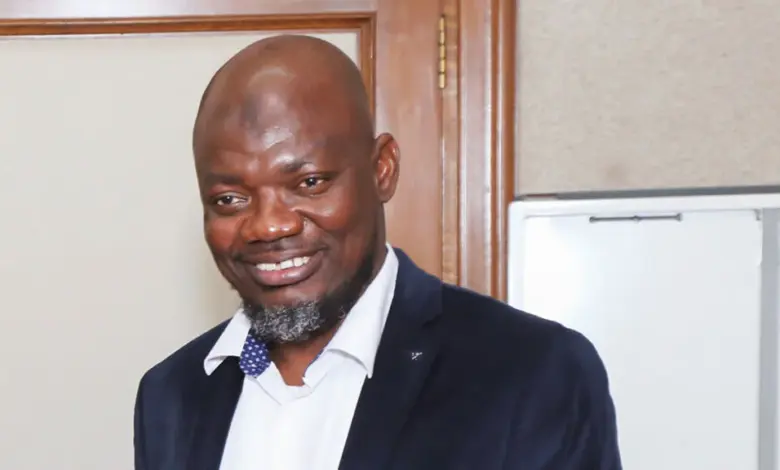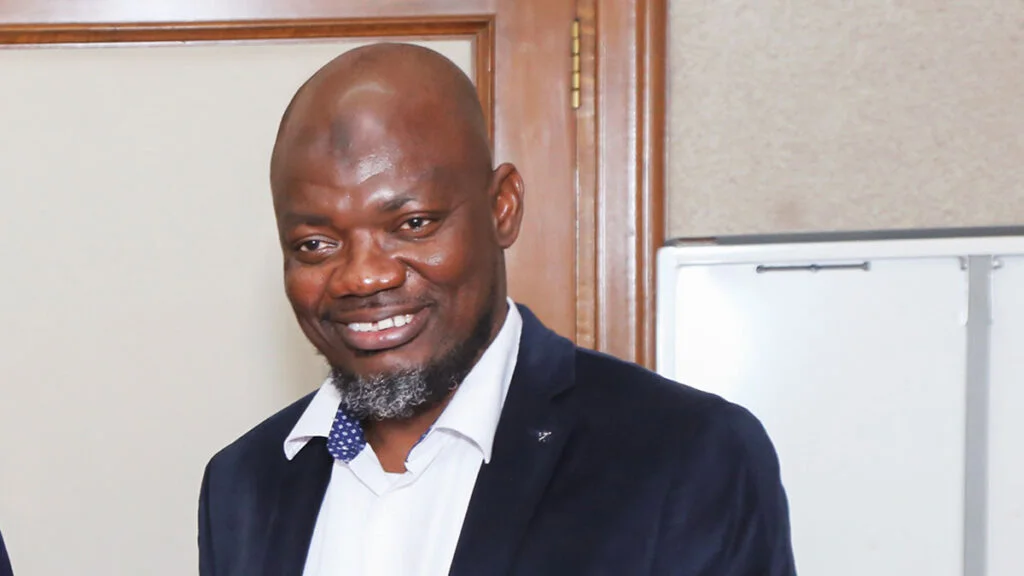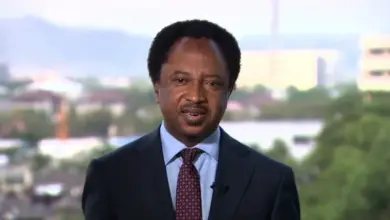Ghana taking measured approach to energy transition – Dr Yussif Sulemana


Technical Adviser at the Ministry of Energy and Green Transition, Dr Yussif Sulemana, says that though Ghana acknowledges that sustainable energy has come to stay, the country is moving at its own pace and not rushing in its effort to reduce carbon footprints.
Speaking at an Africa Sustainable Energy Centre (ASEC) event during World Energy Week 2025, he explained that Ghana is fully aligned with global efforts to decarbonise, but locally, the country still depends largely on hydrocarbons in its industrialisation; thus, renewable energy alone cannot meet the pace of the country’s development.
“We want to move along, but at our own pace…If you look at one thing that is currently confronting the rapid expansion of renewables – in this case, I want to zero in on solar – it’s the ability to store.”
“The ability to store solar energy is key because, if you look at all renewables, they are seasonal: solar, wind, and others. If you don’t have robust and resilient storage capability so that when you need it, you can call upon it, it’s going to be a problem,” he said.
Dr Sulemana highlighted that the breakthrough Africa needs to accelerate renewable energy transition and expansion is in battery storage that has a large-scale capacity to store solar energy that can push industrialisation.
“Hydrocarbons are still a force we’re working with and the reason is that the global energy community still depends largely on oil and gas. If, say, tomorrow or in the coming months, renewables, like solar, could answer the world’s energy needs in terms of availability, affordability, and dependability, everyone would embrace clean energy fully. But we’re not there yet,” he explained
However, he stated that this does not mean that the government is not putting plans in place to increase the country’s renewable energy generation.
Dr Sulemana revealed that the government has set a target to achieve 10 per cent renewable energy generation by 2030, and 50 per cent by 2060.
According to him, the government is working to invest in a number of innovative projects, like carbon capture and solar pumps and building onshore and offshore solar facilities, that align with global efforts in energy transition.
Dr Sulemana revealed that they are moving to invest in carbon capture technology, adding that “by doing so, we can accumulate carbon credits and continue leveraging our existing energy resources while scaling up renewable investments.”
“We also depend a lot on gas, which is recognised as a transition fuel. We already have one gas plant and are building another as part of our transition strategy. This gives us the breathing space to transition at our own pace.”
“Whether we can keep up with the global energy transition pace is too early to tell, but we are doing our best. Our medium-term target is to achieve 10% renewable energy generation by 2030, and by 2060, we aim for 50% of our power generation to come from renewables,” Dr Sulemana said.
DISCLAIMER: The Views, Comments, Opinions, Contributions and Statements made by Readers and Contributors on this platform do not necessarily represent the views or policy of Multimedia Group Limited.
DISCLAIMER: The Views, Comments, Opinions, Contributions and Statements made by Readers and Contributors on this platform do not necessarily represent the views or policy of Multimedia Group Limited.
Source link





